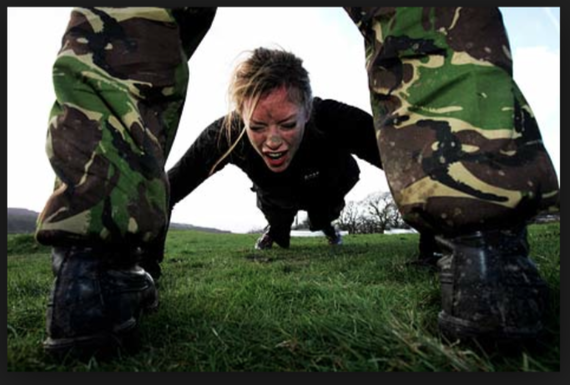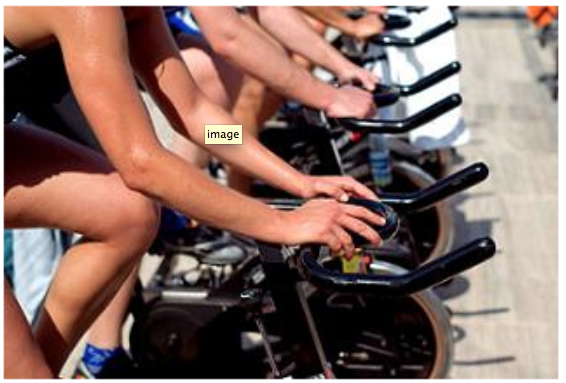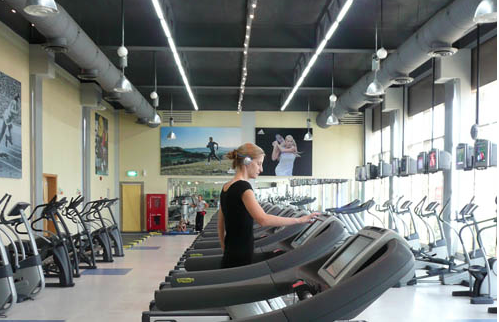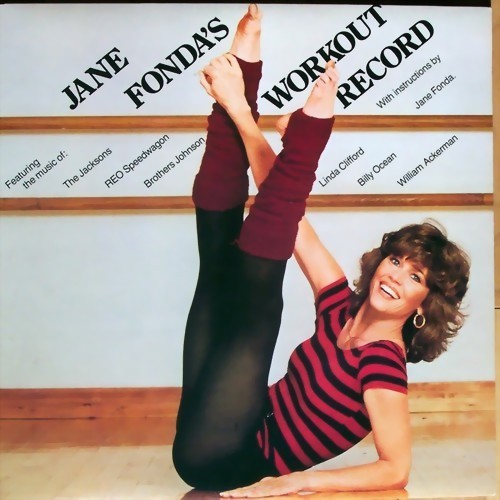Higher education in America fails mostly for the same reason people get fat. It takes a lot of hard work to be successful no matter how you go about it. Though some people may win the genetic lottery and be predisposed to long, lean bodies, or brilliant academic minds, most of us have to work hard to achieve anything resembling peak condition.
Pedagogically speaking, here are your options:
The Ivy League: boot camp
Intense, designed to whip you into shape through relentless training, every minute finds you watched, cajoled and critiqued to go harder, farther, faster and longer. A large part of success in the Ivies comes from gaining a new conception of what intensity means. Typical classes at Columbia University, for example, demand students read 300-500 pages per class per week. Competition is intense, as are the demands of professors. You might suffer in the Ivies, but you'll depart the equivalent of an intellectual marine.
State Universities: spin class
Most people push harder when exercising with a group that holds them accountable than working out alone, and State Universities provide much that same environment academically. Sure, it's possible to slack off, but the potent mixture of camaraderie and dedicated instructors creates enough support that the majority of folks learn a lot more than they would have if they'd gone it alone, Abraham Lincoln style. Average workload at Berkeley: about 80-100 pages per class per week.
Community Colleges: gym membership
Your local gym provides plenty of exercise equipment if you make use of it. Many users, however plod along far too lazily on the elliptical machine distractedly watching television or flipping through magazines. Sure, they may technically fulfill the Surgeon General's physical activity guidelines. But in contrast to their sweat-drenched boot camp and spin class brethren it's hardly the same experience and often leads to considerably more lackluster results. Community College, in my estimation, is a lot like joining a gym: it becomes what you make of it. Average expected reading in Community 5-10 pages per class per week.
MOOCs: a Jane Fonda exercise video
The latest disrupter in higher education is the MOOCs, those trendy massive open online courses available to anybody with a speedy Internet connection. MOOCs have the potential to reach the world with high quality lectures on an astounding variety of topics. But preliminary research suggests MOOCs are mostly completed by people who already have college degrees or by overseas students. My hypothesis: the folks completing these things have a different conception about what constitutes effort. They don't expect learning to be entertaining. They just want to learn. Not surprisingly, people who lack an innate burning desire to rush out to their local public library and grab that last copy of Thucydides don't turn out to be too interested in listening to 36 hours of Donald Kagan discussing the Peloponnesian Wars online either. Go figure.
So what's a serious girl to do?
Years ago I asked a friend with a remarkable physique to tell me his healthy secrets. I'd been jogging a few miles on the weekends and going to the gym during the week but somehow wasn't getting the same results. Imagine my surprise when he told me he ran 12 miles a day, then cycled 40 miles every Saturday and Sunday. All year long. Rain or shine. No wonder my plan wasn't working.
Academics is much the same. I make this claim with some amount of personal experience, having completed more than one tour of duty in the Ivy Leagues, as well as having done time at a State University, a local Community College, and online. The opportunity to learn was present no matter where I went. But my own internal sense of perceived effort became all too easily skewed in the less demanding regimes. No, not just skewed, lowered.
I recently asked a director at the Council of Foreign Relations what issues Fortune 500 execs are thinking about. She told me they're worried about how to develop constant learners among their ranks. They're worried our nation may be blindsided by nontraditional competitors in the near future. And I think they're right to have that concern.
I wish everybody could have the Ivy League experience. If we choose to put half the money we currently spent on defense and incarceration on schools, it could happen. But I don't kid myself that that's going to happen anytime soon -- too many entrenched interests making money on those other pursuits.
What is possible though would be for corporations, institutions and individuals to reevaluate the amount of effort it's going to take to fully educate ourselves and our children, then readjust our behavior to meet those realities. It's time to redefine what effort is and throw ourselves fully into our studies and work like we're in boot camp no matter where we actually find ourselves learning or working. That much, I think, could make an immediate difference right now.



